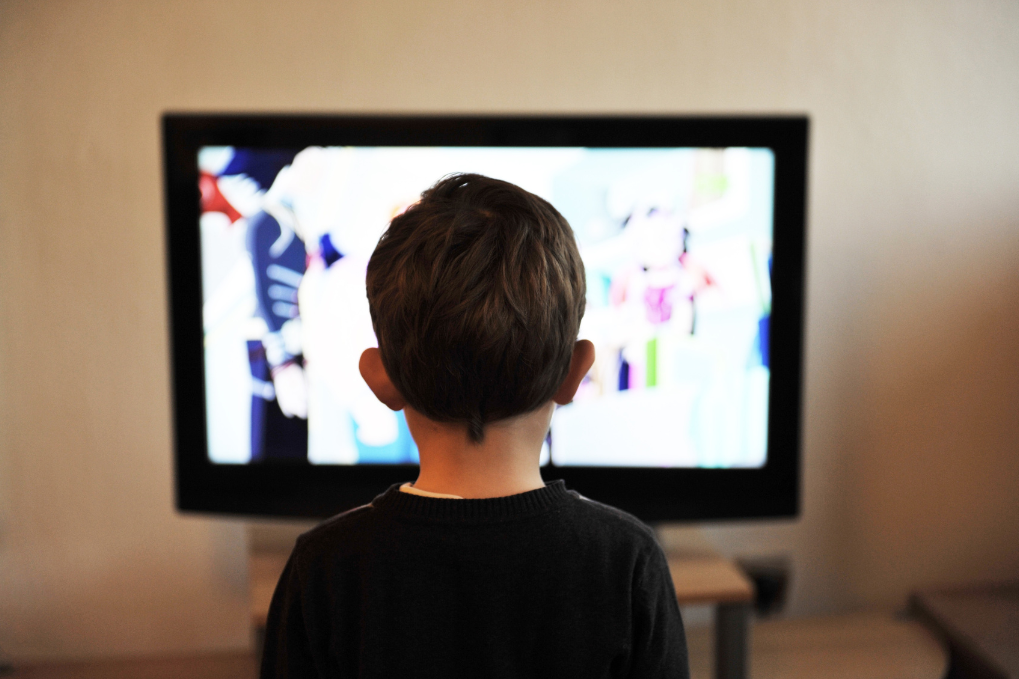In today’s digital age, screen time has become an integral part of daily life, whether for work, education, or leisure. Gaming, in particular, is a popular way to enjoy time off that is a part of daily life for people of all ages. However, distinguishing between regular use of screen or gaming and an addiction is crucial for maintaining a healthy balance.
Regular Screen and Gaming Time
Regular screen and gaming time refers to moderate and controlled use of digital devices and games.

This involves engaging with screens for specific purposes, such as completing work tasks, staying connected with friends and family, or unwinding with a favorite game. When screen time is managed effectively, it can provide numerous benefits, including educational enrichment, social interaction, and stress relief.
Healthy screen and gaming habits are characterized by:
- Balanced Lifestyle: Incorporating screen time alongside other activities like physical exercise, socializing, and hobbies.
- Set Boundaries: Establishing limits on screen time and adhering to them.
- Purposeful Use: Using screens intentionally, whether for learning, communication, or entertainment, without letting it interfere with daily responsibilities.
When Addiction or Disorder Begins
Gaming or screen addiction, also known as internet gaming disorder, begins when screen use becomes excessive and uncontrollable, leading to significant negative consequences.

This addiction is characterized by an obsession with gaming or screens that disrupts daily life and functioning.
Signs of screen and gaming addiction include:
- Preoccupation: Constantly thinking about screens or games, even when not using them.
- Loss of Control: Inability to reduce screen time despite wanting to cut back.
- Neglecting Responsibilities: Ignoring academic, work, or personal duties in favor of screen use.
- Withdrawal Symptoms: Feeling anxious, irritable, or depressed when not using screens.
- Social Isolation: Withdrawing from real-life interactions and activities.
Effects of Screen and Gaming Addiction:
The effects of screen and gaming addiction can be profound and far-reaching, impacting both mental and physical health:
- Mental Health: Increased risk of anxiety, depression, and social isolation. Excessive screen time can exacerbate these issues, creating a vicious cycle.
- Physical Health: Problems such as eye strain, headaches, sleep disturbances, and a sedentary lifestyle leading to weight gain and related health issues.
- Daily Life and Relationships: Strained relationships with family and friends, poor academic or work performance, and financial difficulties due to spending on games and related expenses.
Recognizing the difference between regular screen or gaming time and addiction is essential for maintaining a healthy balance. Moderation, intentional use, and setting boundaries can help ensure that screen time remains a positive aspect of life, while being aware of the signs of addiction can prompt timely intervention and support.
